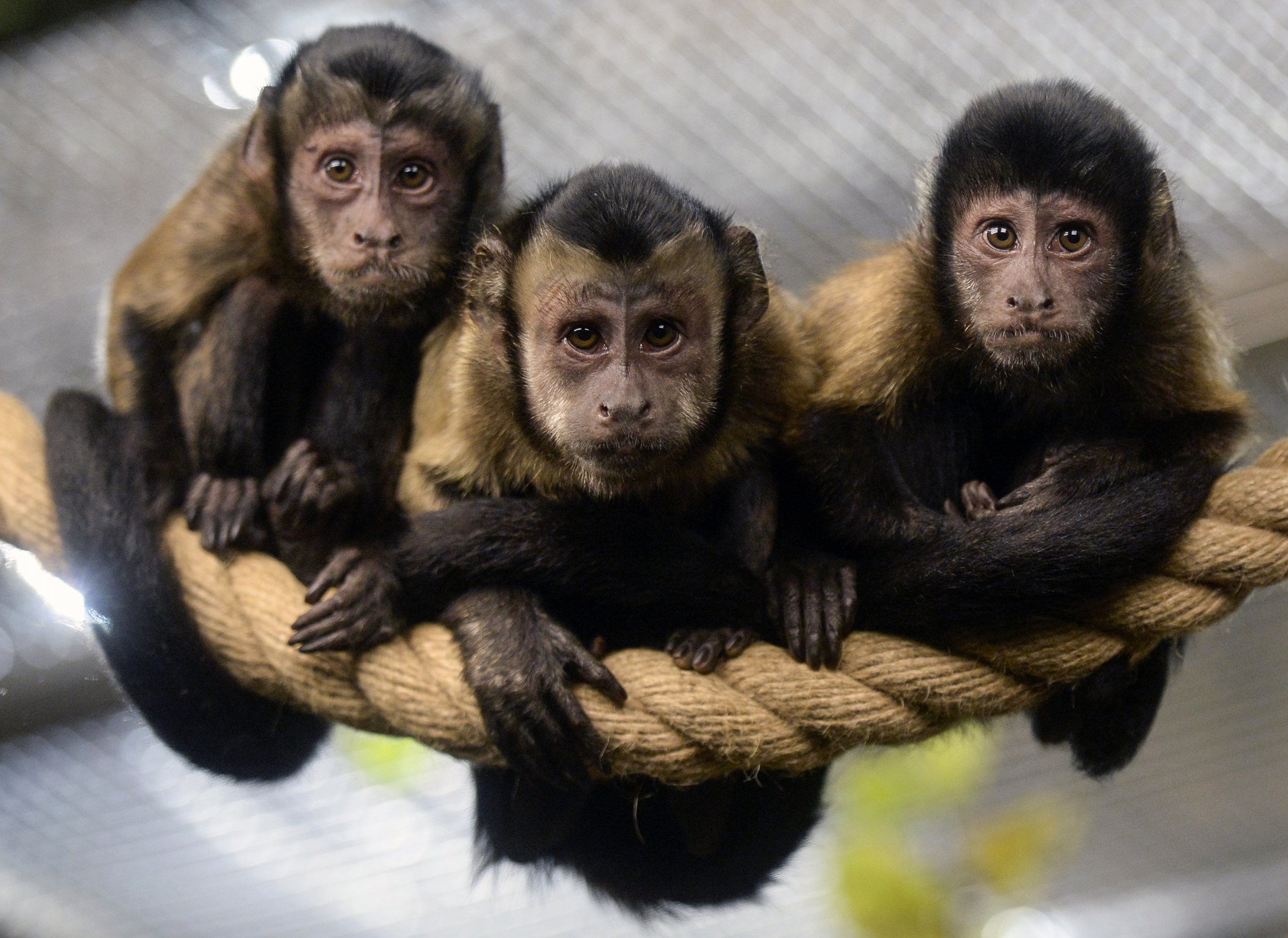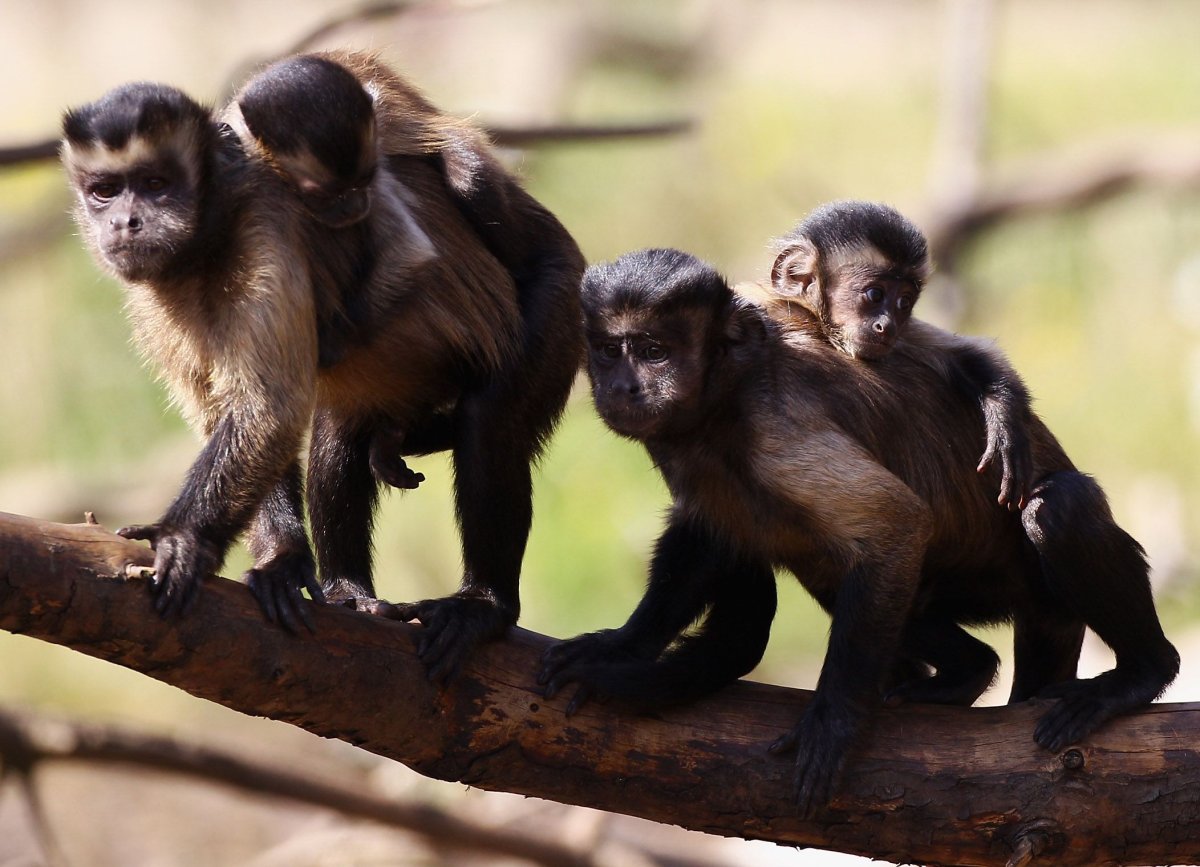
What sets humanity apart from other animals may be our ability to cooperate. Despite evidence to the contrary, we are fairly adept at finding win-win situations.
No, that wasn't a joke, the political climate of 2017 notwithstanding. That was the key finding of a paper published in the Journal of Economic Behavior and Organization in October.
Scientists at Georgia State University gave a group of humans, rhesus macaques and capuchin monkeys games to play with other members of their species. The researchers were looking to see which species might find something called the Nash equilibrium—basically, the point at which both players realize they have nothing to gain by switching strategies, assuming the other person's strategy doesn't change either.
In theory, The Economist explains, the Nash equilibrium (named after American mathematician John Forbes Nash, Jr.) is important for more than just the outcome of a study. It's thought to also influence how companies set prices and why we all seem to continue to push our environment to its limit.
The particular game the study used is called "Hawk-Dove." Each player is given two options: "fight" or "yield." If both players "fight," no one wins anything; if both participants "yield," both earn a small reward. However, if one person "fights" while the other "yields," then one person earns a large reward and the other receives a smaller one. The Nash equilibrium for this game—in other words, the ideal situation for everyone—is when players alternate who "fights" and who "yields."
All the monkeys and humans figured out that having one person "fight" while the other "yields" was great for one person. But only the humans realized that alternating the options between players was better for everyone.

The researchers say the observation suggests that humans have evolved the ability to work together as part of our survival. "The implication that humans are well-adapted to find a solution in a competition over resources may say something about the unique challenges faced during the evolution of our species," psychologist and study co-author Sarah Brosnan stated in a press release announcing the study. "This suggests that humans of the same social group are looking for ways to cooperate."
This study isn't the first to put humans to the test against primates. These researchers have done tests like this before with a different game, and several other studies have also compared humans' game-playing abilities to those of chimpanzees. (Chimps are more closely related on an evolutionary and genetic level to humans than monkeys.) One 2014 study, reported on by Science, found that chimps had basic game theory down pat. They performed as well as was theoretically possible in a game based around anticipating an opponent's moves, beating the human participants. In that study, the researchers speculated that our predilection toward working together might have put the human group at a slight disadvantage.
In any case, humanity shouldn't rest on its cooperating laurels. Not only are there actual problems to solve, like climate change and inequality, but Scientific American reported that other research shows chimps may actually team up just as well as humans.
Uncommon Knowledge
Newsweek is committed to challenging conventional wisdom and finding connections in the search for common ground.
Newsweek is committed to challenging conventional wisdom and finding connections in the search for common ground.
About the writer
Kate Sheridan is a science writer. She's previously written for STAT, Hakai Magazine, the Montreal Gazette, and other digital and ... Read more
To read how Newsweek uses AI as a newsroom tool, Click here.








